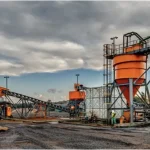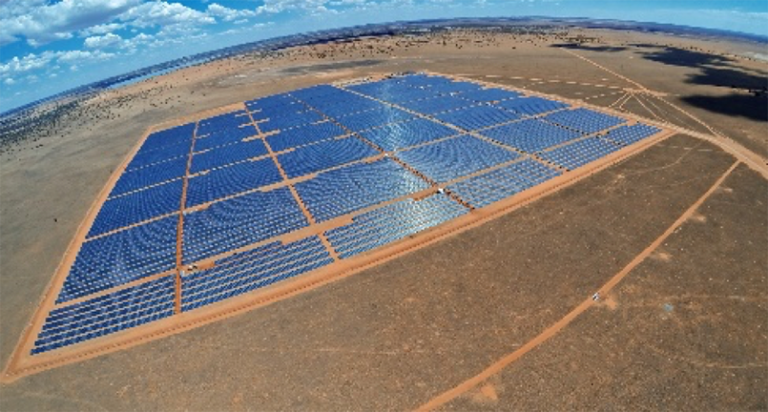The global COVID-19 outbreak is not just a health catastrophe but increasingly is evolving into an economic crisis of global proportions. What does this mean for Africa’s energy story?
On one hand, the envisaged economic rebuilding process will present a huge opportunity for the fast-tracking of low-carbon investments. With organisations like the World Bank and the European Investment Bank dropping their support for much African fossil fuel production, it begs the question whether there is a future for accessing finance for oil E&P – gas is another story entirely.
Additionally, reduced lending appetite, particularly given the current historically low crude oil prices and other uncertainties caused by trade wars, could result in a revised look at lending to cleaner energy transition and large-scale investments in renewable energy initiatives.
On the other hand, geo-political pressures to lower carbon emissions will likely have to be balanced with the more immediate effects of the expected economic downturn resulting from the COVID-19 outbreak. As such, existing benefits derived from oil and gas operations in Africa will likely remain key for the foreseeable future.
This unexpected devastating pandemic has reminded the world (its people, communities, states, continents, and Public and Private sectors alike), of an even wider range of risks and economic vulnerabilities, but has also underlined opportunities likely to emerge from the rebuilding process.















